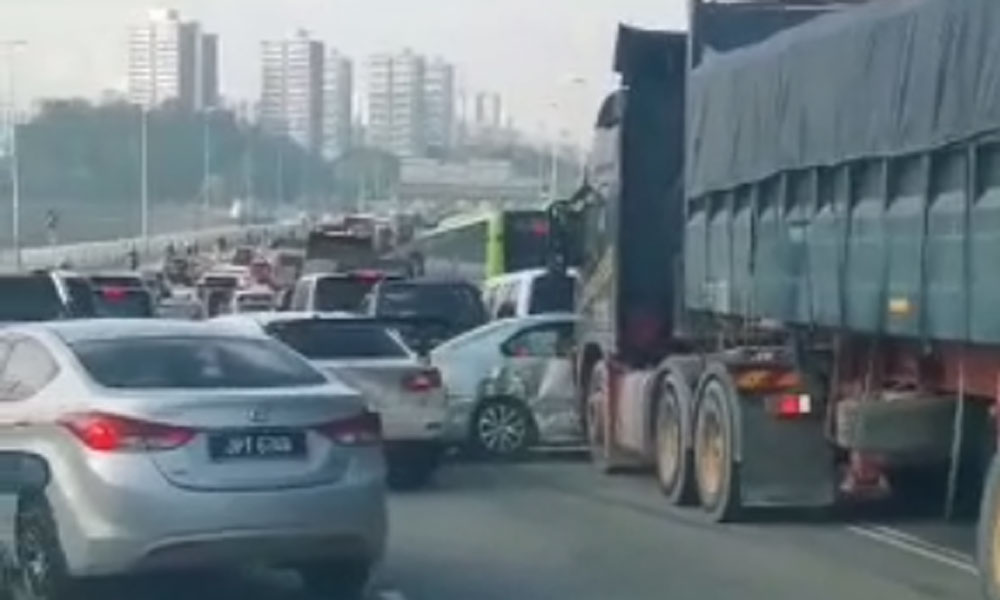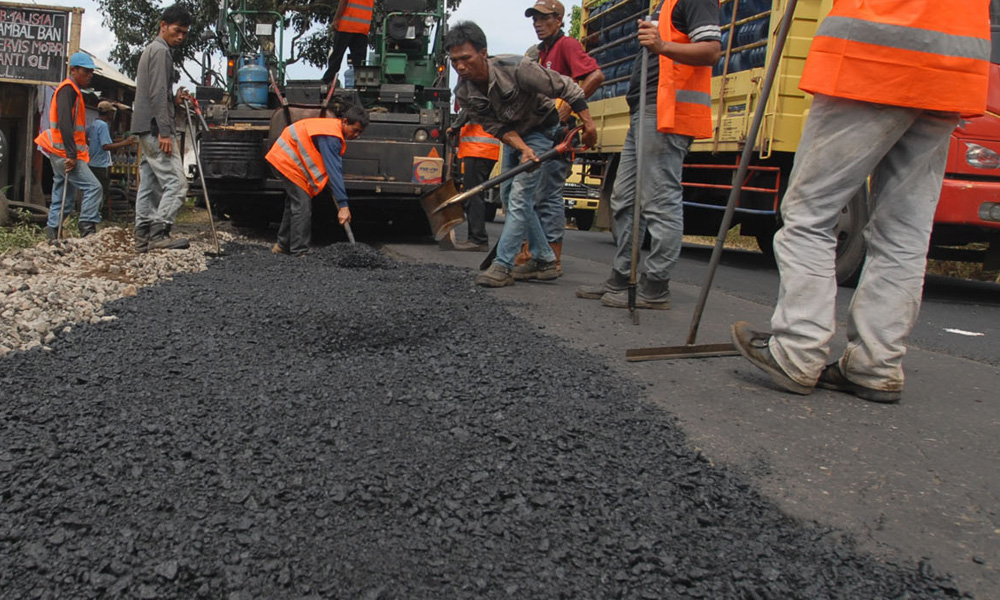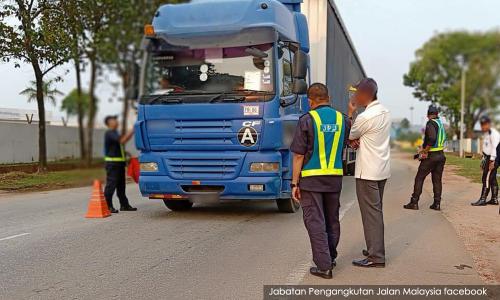LETTER | Penalise those responsible for damaging roads
LETTER | In early May 2023, a group of lorry owners claimed that the Road Transport Department (JPJ) was about to forfeit the ownership of their vehicles. Following that, a large number of lorry owners urged for interference from the Transport Ministry to assist them with the matter.
However, they should have known that their vehicles are not supposed to be overloaded, in accordance with the law, which has been around for more than two decades.
There are a variety of reasons why a particular road appears to be damaged within a short time but overloading of commercial vehicles and sub-par road repairs are two of the main reasons.
Sub-par road repairs may include inadequate material design, construction, moisture, or even incorrect temperature.
The Consumers Association of Penang (CAP) urges the government to seriously look into a report by drivers’ education firm Zutobi that placed Malaysia as ranking 12th in the world for the worst roads in 2022.
Rather than brushing off the claim, the government should address the problems concerning bad road conditions that have been festering in the country for decades.
The media reported that about 60 percent of federal roads in the country had expired service lives and have been in desperate need of repairs.
The government has to plan the upgrading of roads that have already exceeded their service lives while considering strict penalties for overloaded commercial vehicles.
In fact, studies have shown that overloaded vehicles are the cause of premature damage to roads, particularly in rural areas.
It was found in 2008 that 27 percent of the one million registered commercial vehicles in the country were overloaded.
However, the maximum gross vehicle weight permitted depends on the vehicle’s axle configuration. It was believed that some of these vehicles were even illegally modified so that they could carry up to three times the permitted load.
Besides road damage, the Malaysian Institute of Road Safety Research (Miros) showed that heavy vehicles were involved in 25 percent of fatal accidents in the country.
One of the main reasons for those accidents is that overloaded vehicles need to take a longer distance to stop.

In 2012, the Works Ministry said roads that were supposed to last up to a decade before they were mended “now needed major repairs within the first three years because of overloaded vehicles”.
In 2018, the Public Works Department (JKR), the Malaysian Highway Authority (MHA), the Kuala Lumpur City Hall (DBKL), and the Petaling Jaya City Council (MBPJ) blamed third-party contractors for the substandard remedial work, claiming that new roads conformed to the same standards as member nations of the World Road Association.
Who is the real culprit?
However, we would like to know if the road work or repair is supervised and monitored by qualified personnel to ensure it is carried out according to specifications.
According to the DBKL Civil Engineering and Urban Transportation Department, 70 percent of the potholes and damaged roads can be attributed to substandard remedial works by contractors, particularly those hired by utility and development companies.
It is a very shocking revelation because the utility and development companies should be held accountable for the work of the contractors that were hired for the task.
It is futile for authorities to blame contractors because payments shouldn’t be made if they fail to comply with quality standards and this should be verified by JKR.
Either the contractors concerned have to handle the repairs or else both the utility and development company, along with the contractor will be blacklisted.

We suggest that the government take the following measures in regard to overloaded commercial vehicles and sub-par work of certain contractors:
Introduce weigh-in-motion devices that have been adopted in many countries, designed to capture and record the axle weights and gross vehicle weights as vehicles drive over a measurement site such as at strategic locations equipped with CCTV along rural roads used by such vehicles. These devices are worth investing in they will result in great savings on road repairs.
Set up JPJ weighing stations for heavy commercial vehicles in compliance with global standards, and computer-generated reports that can be used in court.
Ban commercial vehicles that weigh more than three tonnes from housing estates.
Impose heavy penalties for overloading and confiscating the vehicle if it had been illegally modified.
For bad roadwork, errant contractors and subcontractors should be blacklisted.
Assign qualified personnel from relevant government departments to supervise or monitor the repairs to ensure that the work carried out conforms to technical specifications.
Put in place an effective monitoring and reporting system to eliminate corruption or abuse of the process.
We hope the government will start taking stern action on overloaded commercial vehicles as they tend to damage our roads and contribute to road accident cases.
Transport companies having overloaded heavy commercial vehicles should be fined based on how much they exceed the permissible limit.
This can contribute to generating funds to help repair prematurely damaged roads, as it would be grossly unfair for taxpayers to be burdened by the costs of repairs.
MOHIDEEN ABDUL KADER is president of the Consumers Association of Penang.
The views expressed here are those of the author/contributor and do not necessarily represent the views of Malaysiakini.
RM12.50 / month
- Unlimited access to award-winning journalism
- Comment and share your opinions on all our articles
- Gift interesting stories to your friends
- Tax deductable
